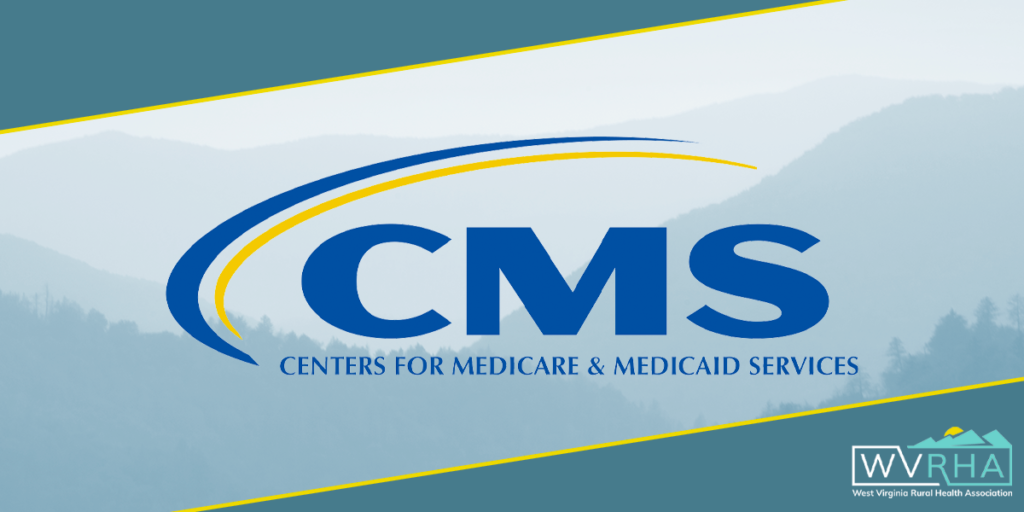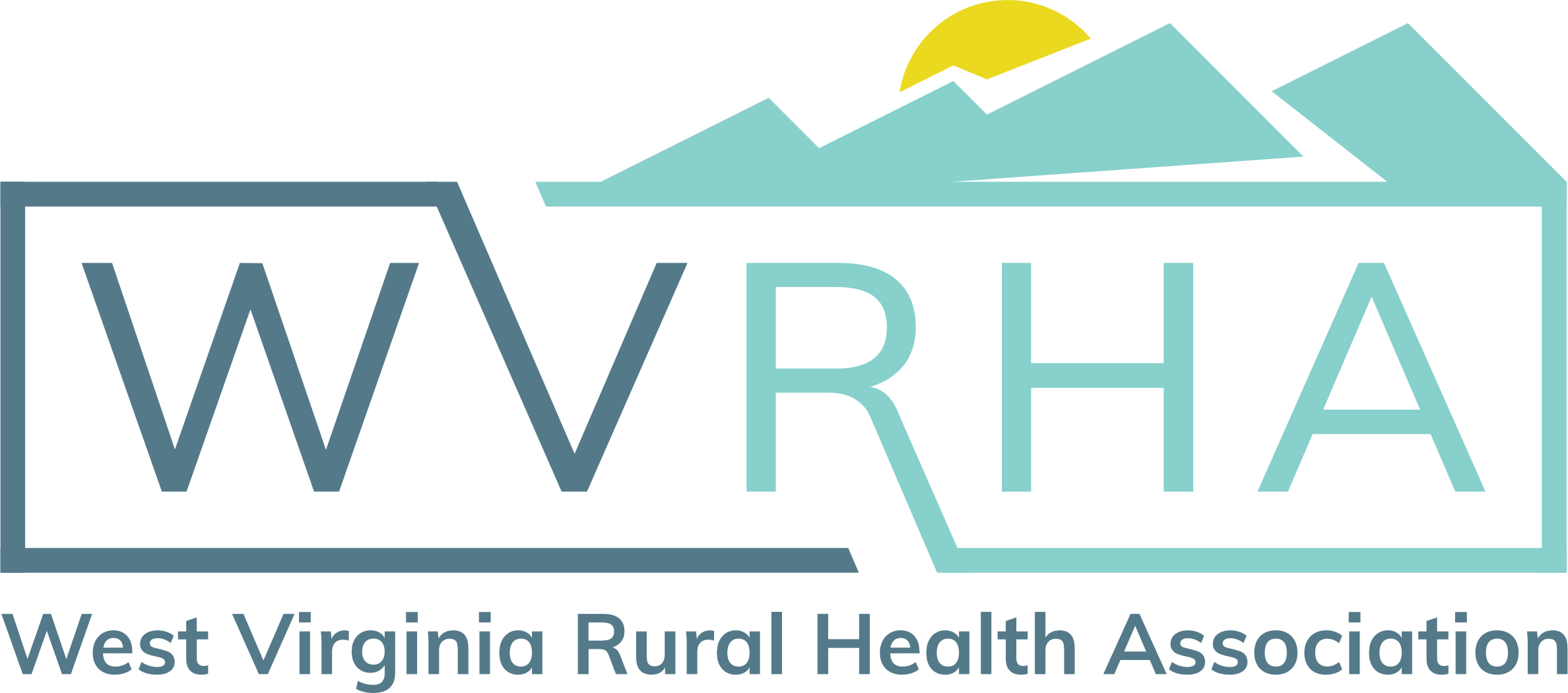
Inflation Reduction Act Continues to Lower Out-of-Pocket Prescription Drug Costs for Drugs with Price Increases Above Inflation
Inflation Reduction Act Continues to Lower Out-of-Pocket Prescription Drug Costs for Drugs with Price Increases Above Inflation
HHS announces savings for some people with Medicare on 43 Part B prescription drugs
A continuing key priority of the Biden-Harris Administration is lowering prescription drug costs. Today, the Department of Health and Human Services, through the Centers for Medicare & Medicaid Services (CMS), announced the list of 43 prescription drugs for which Part B beneficiary coinsurances may be lower between July 1 – September 30, 2023. Some people with Medicare who take these drugs may save between $1 and $449 per average dose starting July 1, depending on their individual coverage. Through the Inflation Reduction Act (IRA), President Biden and his Administration are lowering prescription drug costs for American seniors and their families.
The Medicare Prescription Drug Inflation Rebate Program is one of the many important tools Medicare has to address rising drug costs. By reducing coinsurance for some people with Part B coverage and discouraging drug companies from increasing prices faster than inflation, this policy may lower out-of-pocket costs for some people with Medicare and reduce Medicare program spending for costly drugs.
“The Medicare Prescription Drug Inflation Rebate Program is a critical way to address long-term price increases by drug companies, and CMS is continuing our work to make prescription drugs more affordable for people with Medicare,” said CMS Administrator Chiquita Brooks-LaSure. “CMS is working tirelessly to ensure timely implementation of the Inflation Reduction Act to strengthen Medicare now and in the future.”
CMS has released information about these 43 Part B drugs and biological products in the quarterly Average Sales Price (ASP) public files, available here. A fact sheet is available here.
“Under this provision, people with Medicare will no longer have to worry about sudden out-of-pocket price increases when drug companies raise prices faster than the rate of inflation,” said Dr. Meena Seshamani, Deputy Administrator and Director of the Center for Medicare. “This is just one of the many ways we are helping people with Medicare realize the impact of this law as CMS continues its thoughtful implementation.”
CMS’ normal procedure is to release the ASP public files several weeks before the quarter of which they will go into effect so the public can review and notify CMS of any potential discrepancies. From time to time, ASP public files need to be corrected or updated, generally referred to as a restatement, based on feedback received after the files are published. If CMS receives feedback that necessitates updates to this list of drugs with adjusted coinsurance amounts, CMS will update the list. The July 1 – September 30, 2023 files may be subject to updates either before the start of the quarter or after in the event updated data becomes available.
Under the Inflation Reduction Act, people with Medicare may pay a lower coinsurance for some Part B drugs if the drug’s price increases faster than the rate of inflation. The lower Part B coinsurance on the listed drugs announced today will be in effect from July 1, 2023 to September 30, 2023. This coinsurance adjustment applies to certain drugs and biologicals paid under Medicare Part B. The Part B drugs impacted by this coinsurance adjustment may change quarterly.
See the initial guidance detailing the requirements and procedures for the Medicare Prescription Drug Inflation Rebate Program here.

